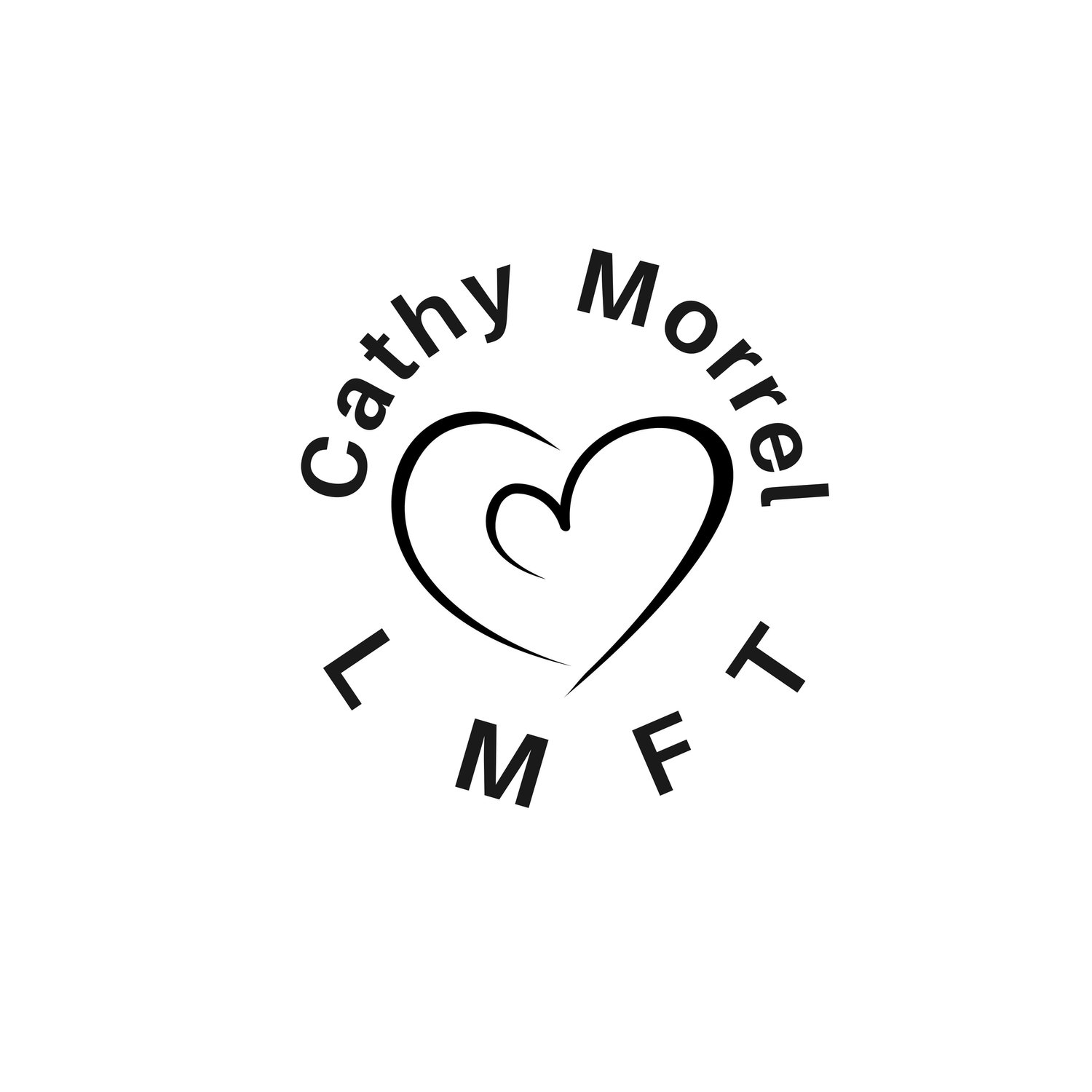Embracing My Authentic Queerness
Embracing My Authentic Queerness: Navigating Self-Acceptance after Deconstructing My Christian Belief System
Hello, readers! Today, I want to share a deeply personal journey with you—the process of accepting my own queerness after deconstructing my Christian belief system. As a mental health professional, I understand the unique challenges and emotional complexities that come with reconciling your identity and your faith. In this blog post, I will recount my experiences, share the insights I've gained, and offer guidance for those who may be on a similar path of self-acceptance and discovery.
My journey began when I started questioning the teachings and doctrines I had been raised with. I was non-affirming when I started dating my current partner and also started seeing my first gay client. My client struggled with their sexuality and depression. During our first session I just stated that I didn’t care who he was attracted to, I just wanted him to stay alive and come back next week. As he stabilized, I realized I needed to explore my own non-affirming stance and discuss with the client if it might interfere with his progress. The more I looked into the history behind the verses used to dehumanize the LGBTQIA+ community, the less I believed what I had been taught about them. While this was happening I was becoming more involved with my new partner who explained that he had an intersexed sibling.
My rigid belief system did not have room for this factual biologically nuanced individual. When confronted with the reality of this person’s existence, I could no longer embrace my binary worldview. If I believed deeply that God knit us together and that God didn’t make mistakes, then I also had to believe deeply that their existence was intentional and not a mistake. This realization led me on a path of deconstruction, challenging long-held beliefs and examining their impact on my understanding of myself.
During this deconstruction process, I engaged in deep self-reflection. I allowed myself to question and explore my own desires, attractions, and gender identity without judgment. Journaling became an essential tool for unpacking my thoughts and emotions, allowing me to gain clarity and a deeper understanding of my authentic self.
As I confronted the dissonance between my queerness and my Christian upbringing, I experienced a range of conflicting emotions. There were moments of confusion, doubt, and even guilt. It was crucial for me to practice self-compassion during these times, reminding myself that it was okay to question, evolve, and embrace my true identity.
Another hindrance to my self-acceptance was my own life circumstances. I’m married to a man in a monogamous relationship that I have no desire to change. I also identify as Demisexual and thus am not in a position to fully explore what my own queerness means to me. I have come to accept the reality of this and find peace in the unknown.
If any of this experience resonates with you, here are some things that you can do to support yourself in your own journey:
Seeking out LGBTQIA+ affirming communities and support networks played a vital role in my journey. Connecting with individuals who understood my experiences and celebrated my queerness provided the validation and acceptance I needed. These communities became safe spaces for sharing my journey, gaining guidance, and building meaningful connections. For me personally, I have found a wonderful support system in a group of like-minded moms in Free Mom Hugs.
As I navigated my queerness and deconstructed my Christian belief system, I embarked on a journey of rediscovering my spirituality. I explored various paths, seeking out inclusive interpretations of faith that embraced and honored my queerness. This exploration helped me integrate my spiritual beliefs with my authentic self, creating a sense of wholeness and deepening my connection to a higher power. For me specifically, this has meant attending an affirming Christian church, as well as exploring some Eastern teachings.
Embracing my queerness meant celebrating the unique gifts, strengths, and perspectives that come with it. I surrounded myself with positive representations of queerness in media, literature, and art, finding inspiration and empowerment in the stories and experiences of others. Celebrating my authenticity became a powerful form of self-love and acceptance.
My journey of accepting my own queerness after deconstructing my Christian belief system has been transformative, challenging, and ultimately liberating. It has taught me the importance of self-reflection, self-compassion, and finding supportive communities. If you find yourself on a similar path, know that you are not alone. Trust yourself, be patient with the process, and celebrate the beautiful and unique person you are becoming. Embracing your authentic queerness is an act of courage, and in doing so, you are reclaiming your identity and paving the way for a more fulfilling and authentic life.

